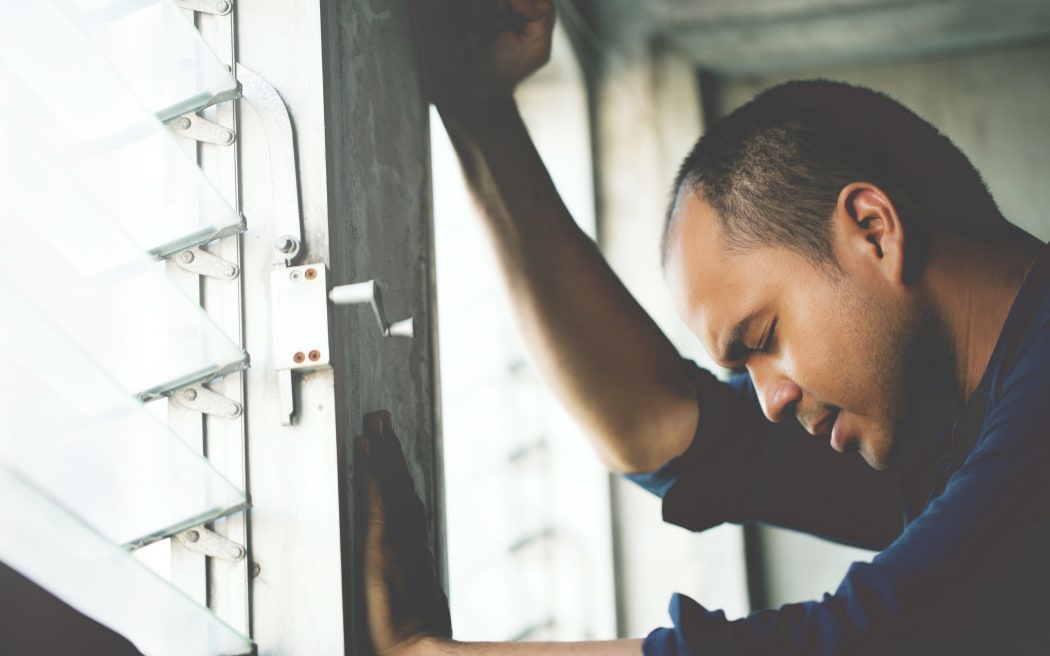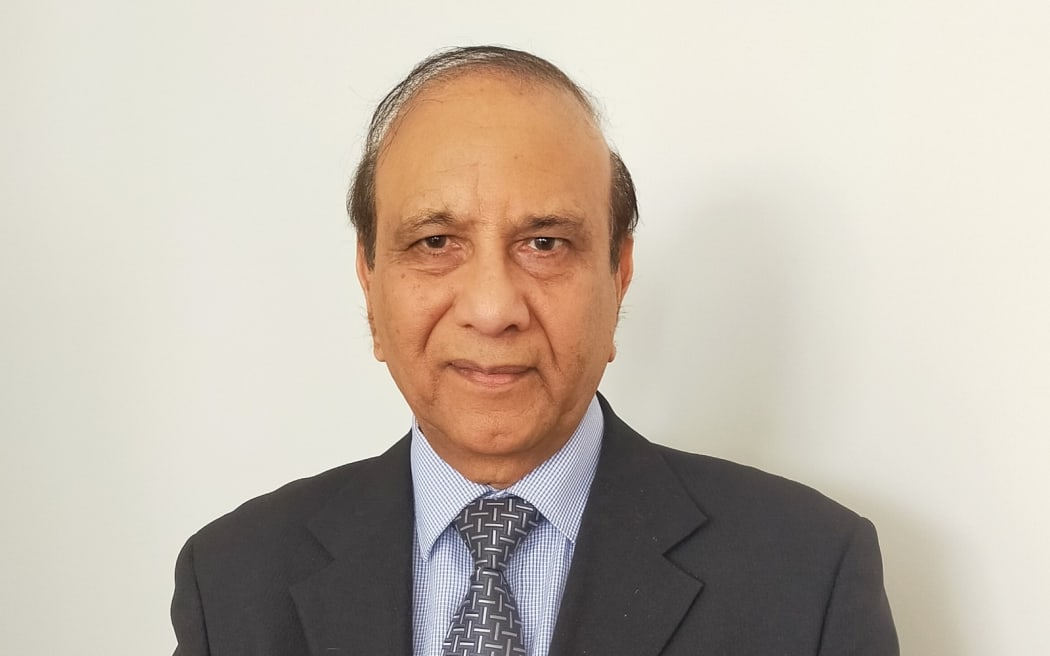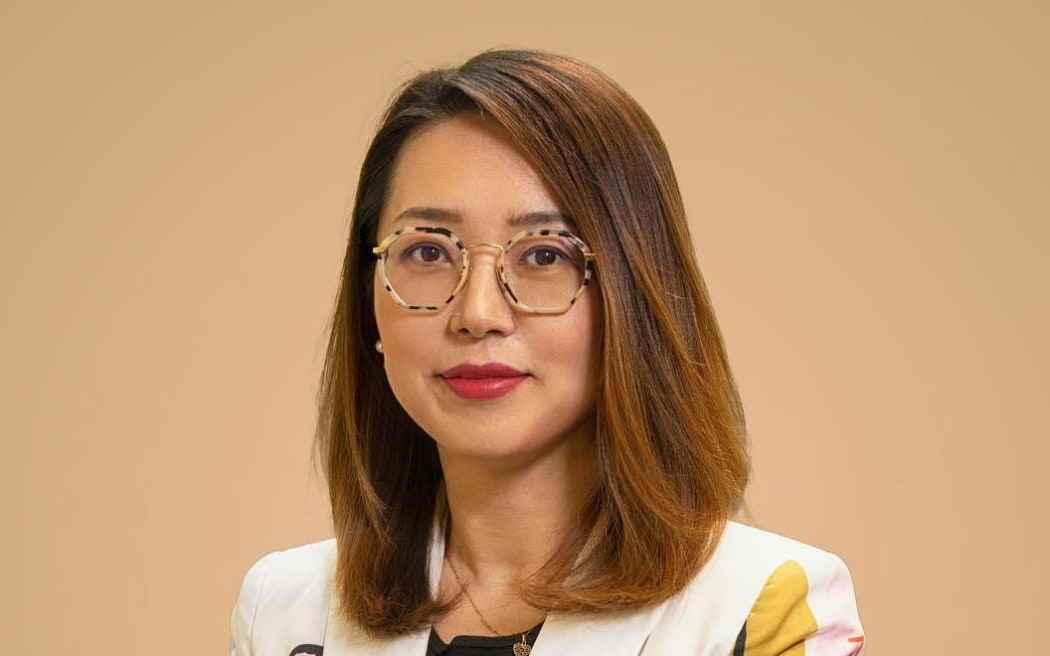
Breaking down the statistics across different ethnic groups, Indians topped other communities in terms of concern about mental illness. Photo: methaphum/stock.adobe.com
Community advocates say more effort is needed to combat the stigma surrounding mental health in New Zealand's Asian communities.
Jeet Suchdev, founder of Bhartiya Samaj Charitable Trust, acknowledges that it's often difficult to tackle mental health issues in the Indian community.
"The first hurdle we face is convincing individuals to acknowledge their mental health issues," Suchdev says, adding that the past few years have been exceptionally challenging.
Such warnings come as community groups nationwide mark Mental Health Awareness Week from 18-24 September.
A 2021 New Zealand Asian Wellbeing and Mental Health Report, commissioned by Asian Family Services, revealed that 98.7 percent of Asians believe society harbors negative stereotypes about individuals with mental illness.
Breaking down the statistics across different ethnic groups, Indians topped other communities in terms of concern about mental illness.
"First, we had to contend with the Covid-19 pandemic and then the series of weather-related events occurred, causing many to lose everything," Suchdev says. "This has generated immense stress and mental trauma."
He expresses particular concern for elderly members of the community, noting that they're among the most vulnerable.
He says many older members of the community have initially been invited to the country primarily to take care of their grandchildren.
But as the grandchildren grow older, their grandparents may begin to experience feelings of loneliness.
To address such issues, community organisations such as Bhartiya Samaj play a crucial role in providing counseling and companionship to those experiencing isolation and depression.
Suchdev says many Indians turn to alternative medicine and faith-based approaches to address mental health issues, which can sometimes exacerbate problems. He calls on the government to take more proactive measures to address the mental health needs of the community.
"Community organisations often outperform the government in addressing these issues," Suchdev says.

Jeet Suchdev is the founder of Bhartiya Samaj Charitable Trust. Photo: Supplied
Manjusha Mane, a counselor at Sahaayta Counselling Services, says that mental health issues in the Asian community are complex.
"It's still a taboo, and it impacts family honor," Mane says. "There is also a fear that future prospects will be destroyed if people receive a diagnosis of a mental health disorder."
Mane expresses particular concern for individuals who also associate mental health issues with fate or destiny.
She says the number of people struggling with mental health issues has risen drastically since Covid-19 and the subsequent lockdowns.
Mane says there has been an increase in police referrals to Sahaayta, with cases ranging from family harm to child harm.
"We also witnessed many complicated cases of grief and loss during Covid, especially when people couldn't return to their relatives back home and perform their last rites," she says.
Mane says the ethnic population faces numerous barriers when seeking help, including language, awareness and accessibility to mental health services.
Mane says Western therapies aren't always the best option for clients from Eastern cultures.
"We need to provide culturally appropriate services to our ethnic population," she says.

Kelly Feng is CEO of Asian Family Services. Photo: Supplied
Kelly Feng, CEO of Asian Family Services, shares Suchdev's concerns about the need for increased government support.
Feng says there has been a noticeable rise in mental health challenges in the Asian community over the past three years.
"The number of individuals using our helpline has tripled in the past three years," she says, pointing to aggravating factors such as the pandemic and adverse weather events. She states that families are increasingly seeking assistance and support from community organizations.
She says that families are increasingly seeking assistance and support from community organisations.
"I remember an Indian family with a newborn baby coming to us after the husband lost his job because his company was cutting down jobs and they couldn't afford to buy baby formula," she says.
Feng says small business owners who were forced to close their businesses due to economic hardship are among those receiving support from Asian Family Services.
"We have even provided assistance to individuals who unfortunately lost their homes during the (Auckland Anniversary weekend and Cyclone Gabrielle) floods and were living in their cars, experiencing high anxiety and were reluctant to seek emergency accommodation," she says.
Feng says Asians have a relatively lower level of understanding about mental health issues compared to other communities, compounding the stigma surrounding these issues.
"There's a sense of shame associated with it, and many community members are hesitant to openly discuss their issues," she says.
She highlights a lack of culturally and linguistically appropriate mental health services available to Asian communities.
"We lack a system that adequately supports our diverse population," she says.
While Feng acknowledges existing government services, she says little has been done to specifically cater to the diverse Asian community in New Zealand.
"If you can't speak English, accessing these services becomes challenging, and relying on luck is not a sustainable solution," she says. "We need services that are readily available when people require them, regardless of language barriers."
Where to get help
- Need to Talk? Free call or text 1737 any time to speak to a trained counsellor - for any reason
- Asian Family Services: 0800-862-342 Monday to Friday, 9am to 8pm, or text 832 Monday to Friday, 9am to 5pm. Languages spoken include Mandarin, Cantonese, Korean, Vietnamese, Thai, Japanese, Hindi, Gujarati, Marathi and English
- Youthline: 0800-376-633, free text 234 or email talk@youthline.co.nz
- Suicide Crisis Helpline: 0508-828-865 (0508 TAUTOKO)
- Lifeline: 0800-543-354 (0800 LIFELINE) or free text 4357 (HELP)
- Sahaayta Counselling Services: 09-280-4064 or email info@sahaayta.org.nz

